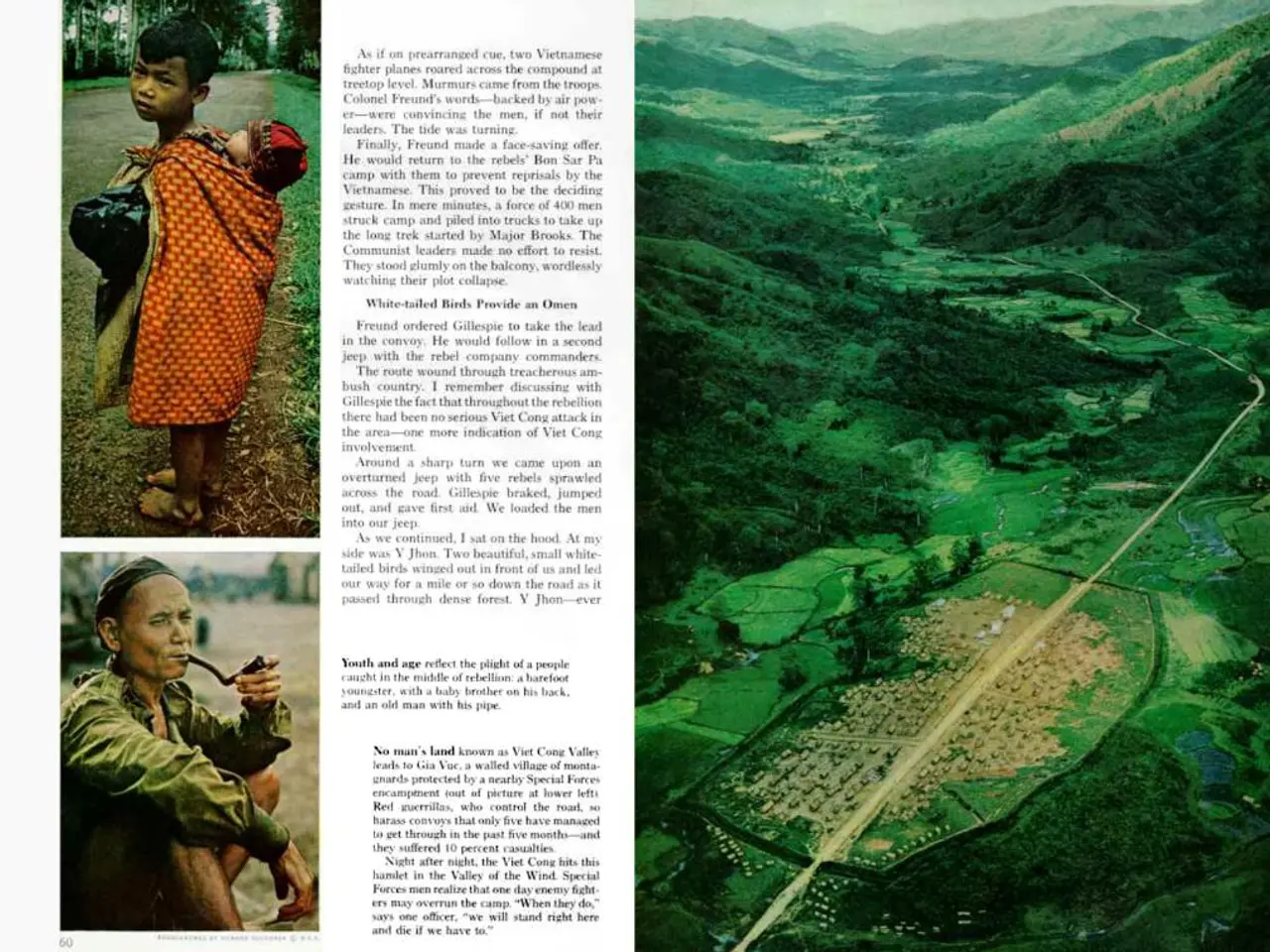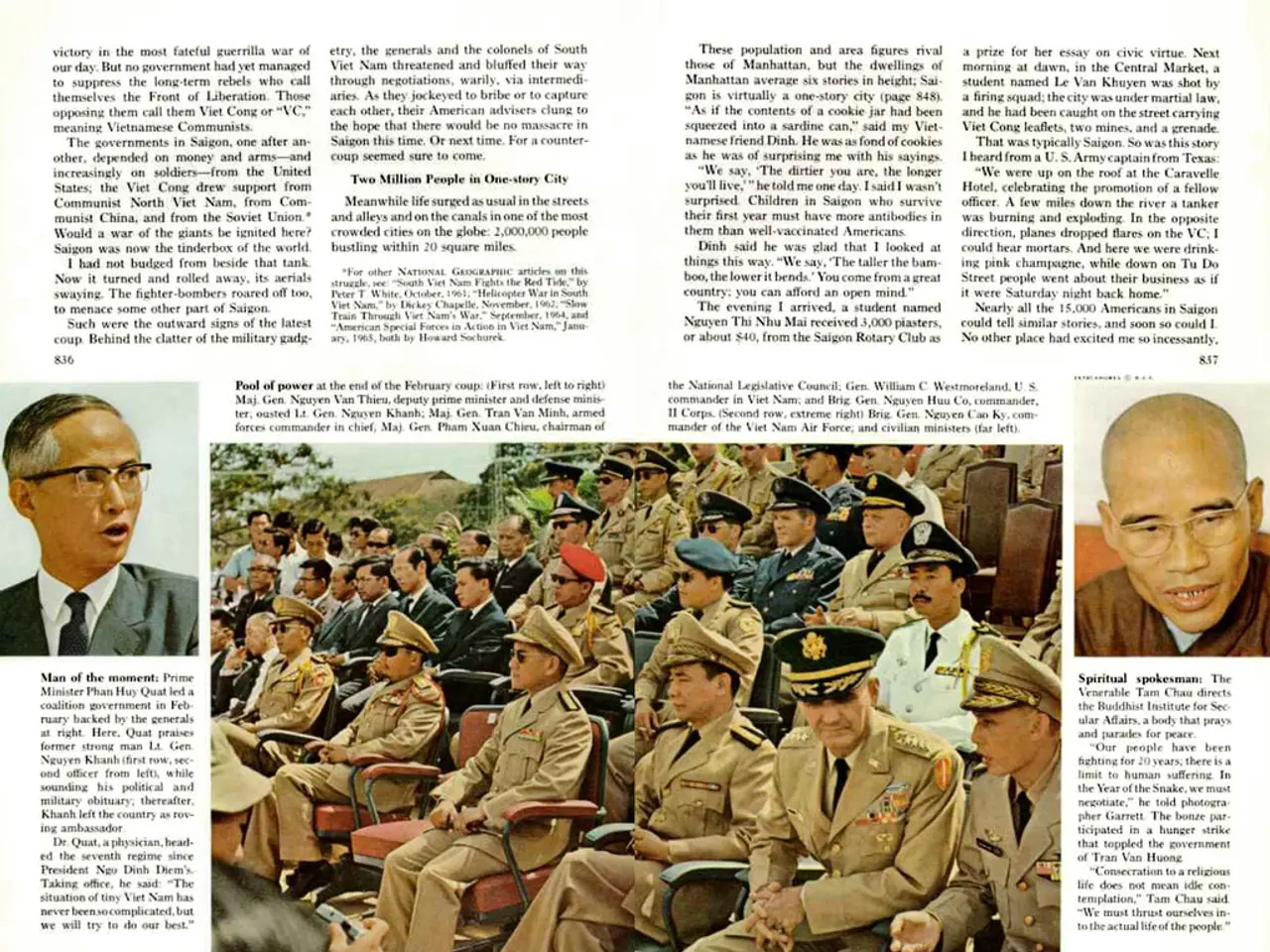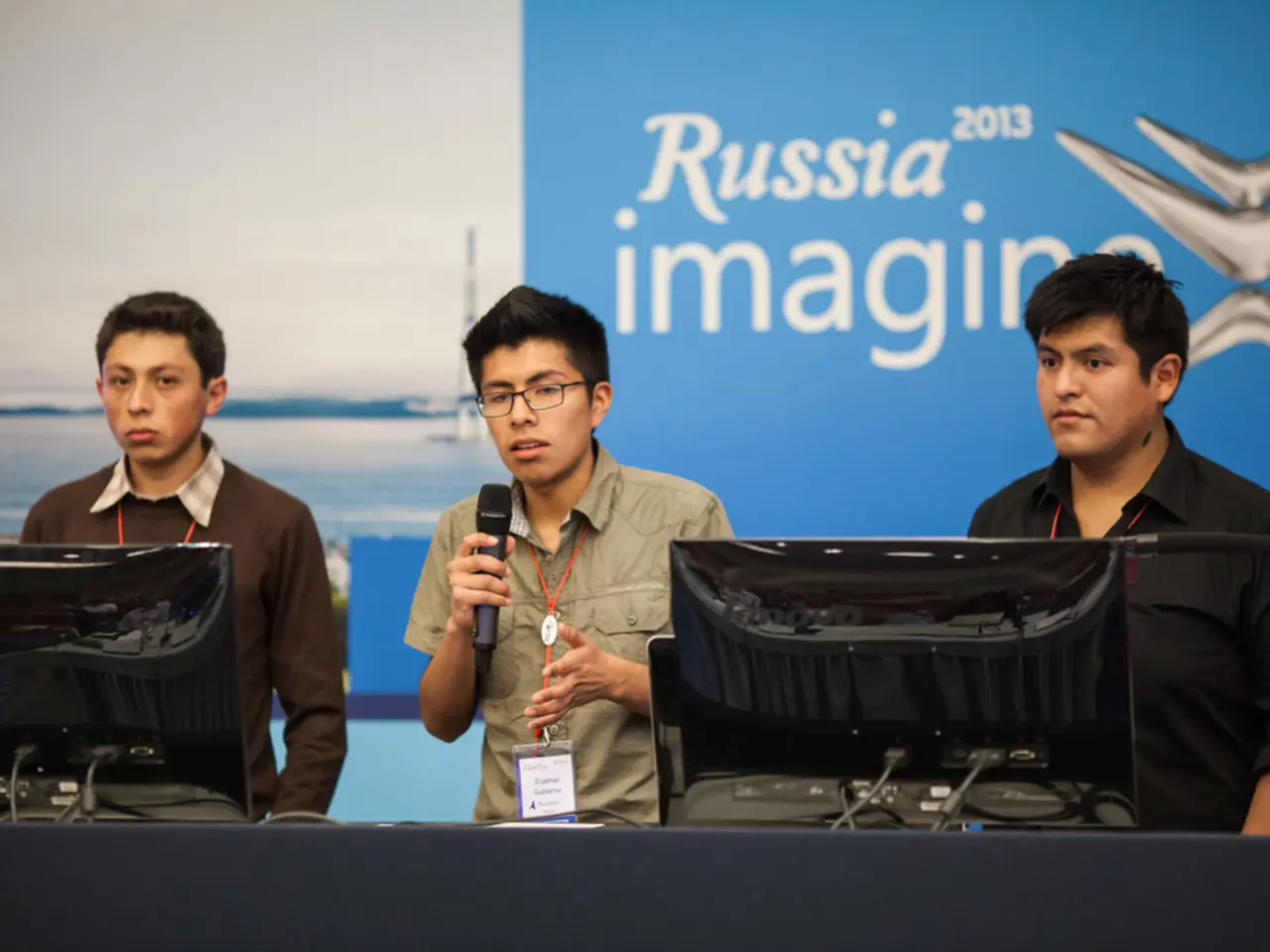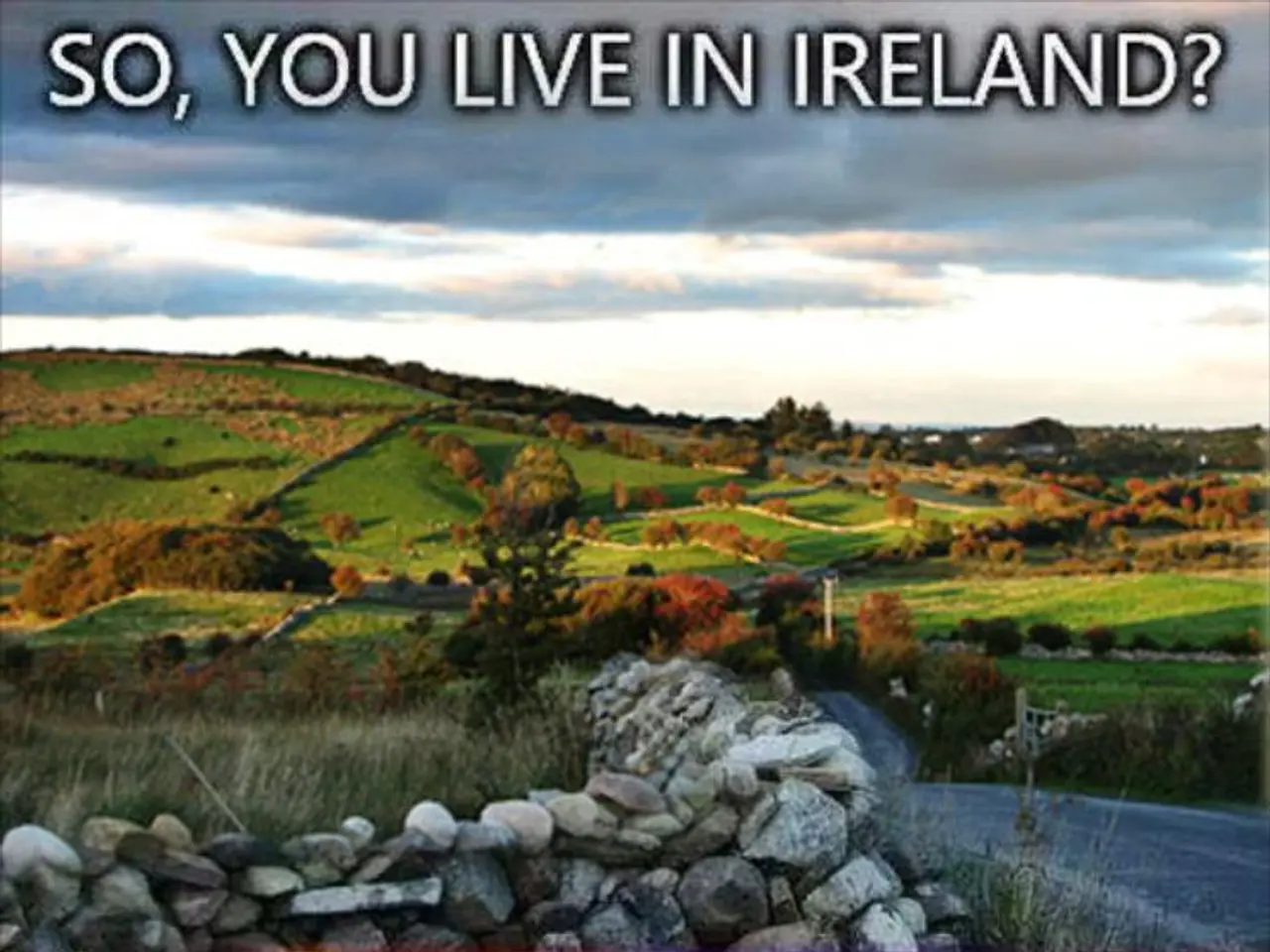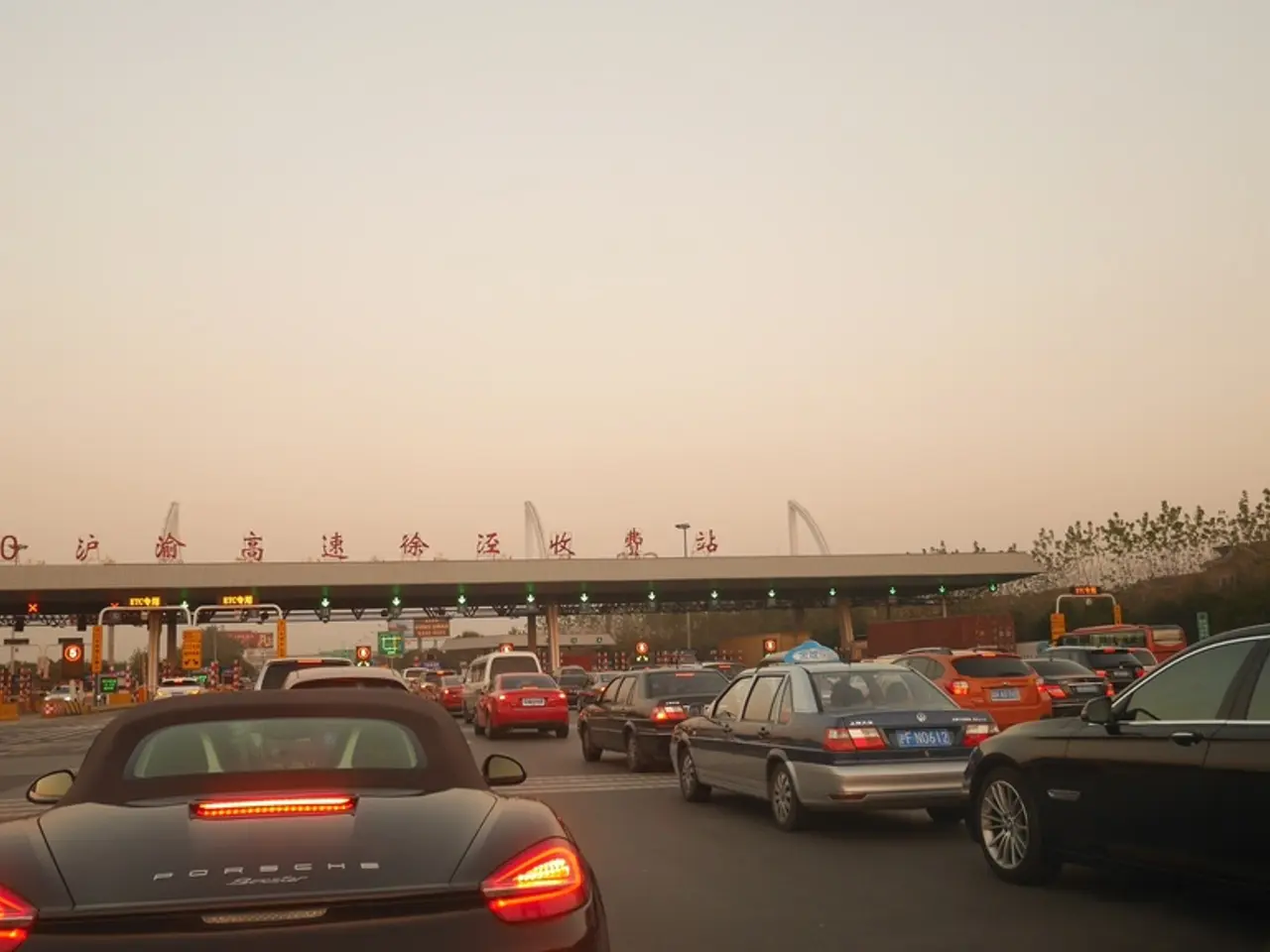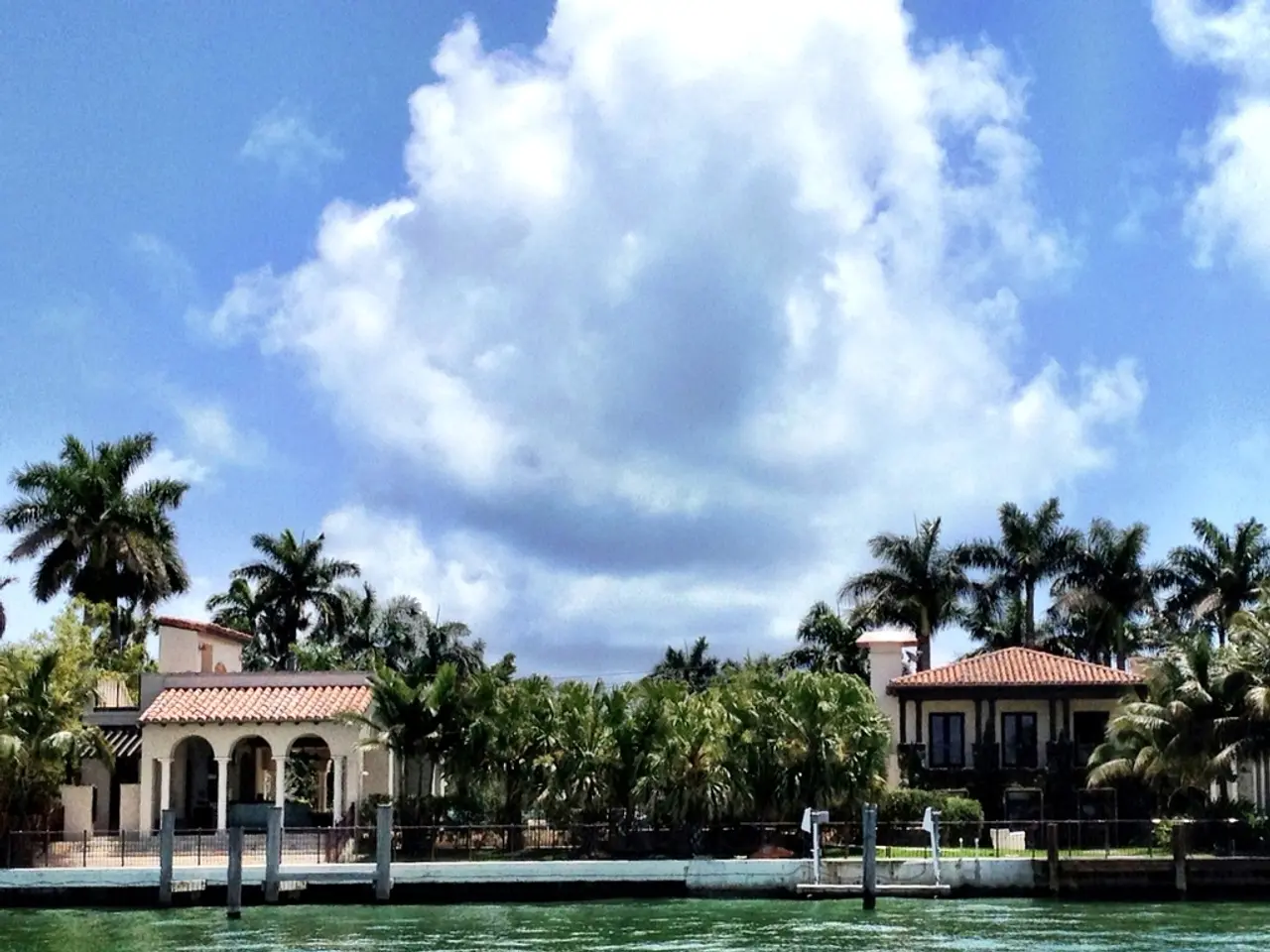Slovenia bans incoming products from the Israeli-controlled Palestinian regions
In a notable shift in foreign policy, Slovenia has taken concrete steps to support the Palestinian State following its formal recognition in mid-2024. This change, announced around May-June 2024, aligns Slovenia with countries advocating for Palestinian statehood and indirectly criticises Israeli settlement policies.
The transformation is evident in several key developments. On 30 May to 4 June 2024, the Slovenian government, under Prime Minister Robert Golob, formally recognised Palestine, establishing official diplomatic relations and fostering cooperation in political dialogue, education, and humanitarian aid projects. Shortly after, in June 2024, Slovenia’s parliament passed a decree recognising Palestinian statehood, mirroring similar actions taken by Ireland, Spain, and Norway.
One of the most significant consequences of this change is Slovenia’s ban on arms trade with Israel, a practical policy shift prompted by Israel's actions in Gaza. This move underscores Slovenia’s new stance on the Israel-Palestine conflict.
The new measures represent a move beyond symbolic recognition towards concrete political and economic measures that challenge Israeli policies in Palestinian territories, particularly settlements and military operations. Prior to 2024, Slovenia did not have formal recognition of Palestine, and its approach was more aligned with broader EU policy emphasising negotiations. The new measures signify a more assertive and clear-cut position supporting Palestinian sovereignty and opposing Israeli settlement expansion and military aggression.
In addition to these steps, the Slovenian Government has approved a new humanitarian aid package for Palestinians in Gaza, valued at up to 879,490 euros. The aid primarily consists of food and blankets, in response to the critical humanitarian situation in Gaza.
Moreover, the Slovenian Government has prohibited the import of products originating from Israeli settlements in the occupied Palestinian territories. This decision was made following concerns over Israeli actions, such as the construction of illegal settlements, expropriations, forced displacement of the Palestinian population, and the destruction of homes, which have been denounced as "grave and repeated violations of international humanitarian law" by Slovenian Prime Minister Robert Golob.
The Slovenian Government, along with Spain, Ireland, and Norway, has led efforts in Europe to recognise the Palestinian State. In July of this year, the Slovenian Government announced measures to prohibit the entry of Israeli Ministers of National Security, Ben Gvir, and Finance, Bezalel Smotrich. This decision was considered "unprecedented in the European Union".
This political step in Slovenian foreign policy, especially after formally recognising the Palestinian State in 2024, represents a significant shift in Slovenia’s approach towards Israeli settlements and Palestinian territories. The Slovenian Government's actions demonstrate a commitment to upholding international law and supporting the rights of the Palestinian people.
The Slovenian Government's decision to ban arms trade with Israel and prohibit the import of products from Israeli settlements highlights their shifting stance on war-and-conflicts, particularly the Israel-Palestine conflict. This new stance is evident in their policy-and-legislation, as shown by their measures to challenge Israeli settlement expansion and military aggression, and their support for Palestine in political dialogue, education, humanitarian aid, and general news. The government's actions align them with countries advocating for Palestinian statehood and indirectly criticise Israeli settlement policies.
